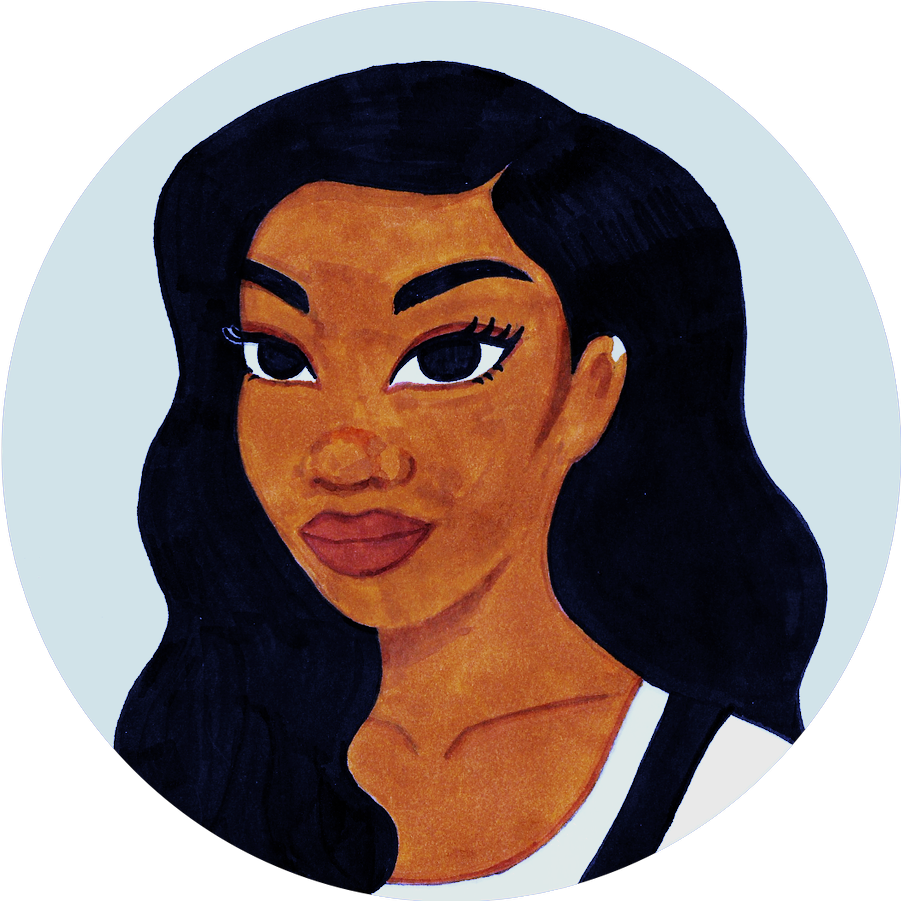
📨 Submit Your Story 📨
My name is Susuana Amoah (aka The Black Gallerina) and I am a PhD Student at Goldsmiths University of London. My research project explores decolonial curatorial practices in English public contemporary art galleries.
As part of my research, I launched an online text based exhibition called #GallerySoWhite. The aim of this research and exhibition is to gather evidence in relation to how racism manifests within public contemporary art galleries in England. It showcase stories from artists, curators and other members of gallery staff and is hosted via Instagram on this website. Works from the exhibition will also be shared via social media.
To protect the identities and wellbeing of the participants, the submitted stories will be anonymised and participants will only be required to state which city/town the their gallery is located and not the name of the gallery.
If you would like to participate in this project please read the information on this page and click the link at the bottom of this page to complete the signup form.
👀 Read this first! 👀
What is the purpose of the study?
This PhD research project aims to examine how cultural equity can be realised in public contemporary art galleries in England through the use of decolonial curatorial praxis. The role of this survey within this project is to generate data that will help to identify key problem areas in galleries through discourse analysis.
Why have I been invited to participate?
You have been approached to take part in this survey because you are currently working in, or have previously worked in, a public contemporary art gallery in England. This survey invites artists, curators and gallery staff members who have experienced racism while at work to share their testimonies.
Do I have to take part?
It is entirely up to you to decide whether or not to take part. If you decide to do so, you will be asked to give your consent by completing a consent form.
Can I withdraw from the study?
You can withdraw from the study at any time without giving a reason. If you do decide to withdraw from the study, you will be asked what you want to happen to data you have provided up to that point. However, please note that after 1st April 2021, anonymised data can no longer be removed from the study.
What will happen if I take part?
You will be sent one online short anonymous survey, where you will be asked to share your testimony and also select the region (i.e. North West, South East) that the gallery is located in.
What are the possible benefits of taking part?
The research will generate awareness, discussions and knowledge about the presence of racial inequity and coloniality in the arts between people within and outside the gallery sector.
What are the possible disadvantages and risks of taking part?
Although the testimonies will be anonymised, there is a small potential possibility participants of the research could be identified and as a consequence they may experience retaliation from current or past employers. Therefore, participants are asked not to use the names of people, galleries or exhibitions in their survey responses.
In addition, the process of giving testimony about racism can potentially evoke some discomfort and distress for participants if the testimony involves a traumatic experience. Therefore, participants are asked not to share any experiences they are not comfortable with being made public or feel will put them at risk of emotional, social or economic harm.
Will what I say in this study be kept confidential?
All the information that we collect about you during the course of the research will be kept strictly confidential. You will not be able to be identified in any ensuing reports or publications.
The online participant recruitment form will collect personal contact information so that participants can be sent the survey. Data from the participant recruitment form will also be used to ensure that a diverse range of people participate in this research project. Personal data will be stored in an encrypted file and backed up using the Goldsmiths University Microsoft Office 365 suite. Personal data will only be accessed by the researcher and will be destroyed at the end of the PhD research project.
Data from the whole study will be collected into anonymised datasets, in which no individual can be identified. The anonymised datasets will be shared with the primary and secondary research supervisors. Please note that these datasets may be retained indefinitely in central data repositories, for the benefit of future research. Data collected during the course of the study might be used for additional or subsequent research.
Limits to confidentiality
Confidentiality will be respected, subject to legal constraints and professional guidelines. Please note that assurances on confidentiality will be strictly adhered to unless evidence of wrongdoing or potential harm is uncovered. In such cases, Goldsmiths may be obliged to contact relevant statutory bodies or agencies.
What will happen to the results of the research study?
The results of the research will be used in the research project dissertation and for content for the PhD project’s YouTube channel videos and project presentations. A selection of the responses will also be used to produce an online exhibition which will be located on the project’s Instagram and website.
Who is organising and funding the research?
This research project is supported by Goldsmiths, University of London Art department and has been approved by the departmental ethics committee.
What if something goes wrong?
If you have any concerns about your participation or about the study in general, you should first contact me Susuana Amoah (samoa001[@]gold.ac.uk) or my supervisor Michael Archer (m.archer[@]gold.ac.uk). If you feel your complaint has not been satisfactorily handled, you can contact the Chair of the Goldsmiths Research Ethics and Integrity Sub-Committee via Research Services (020 7919 7770, reisc@gold.ac.uk).

